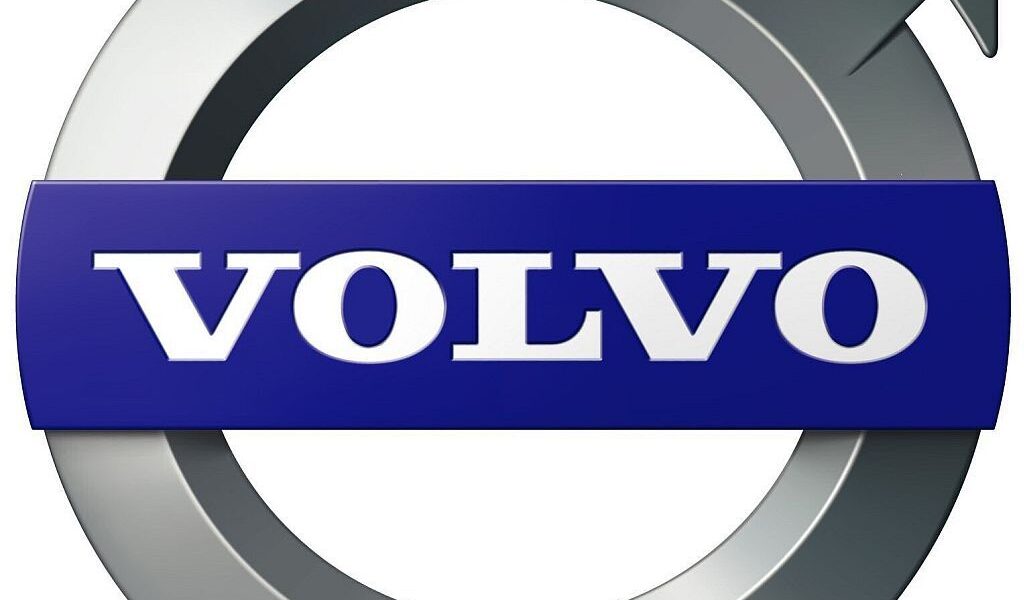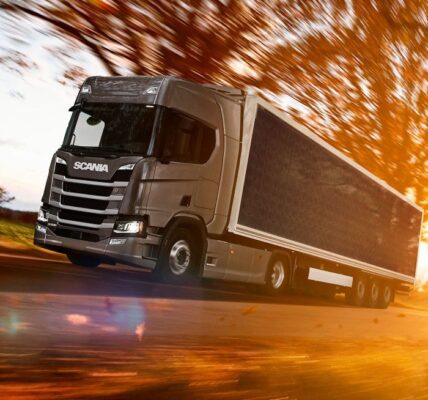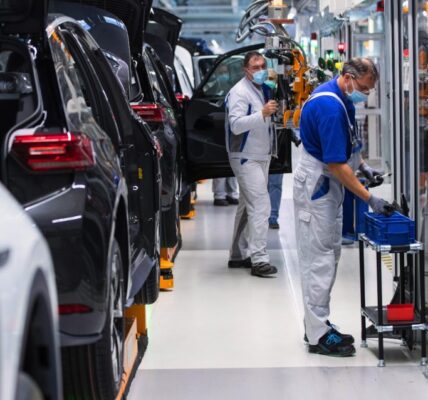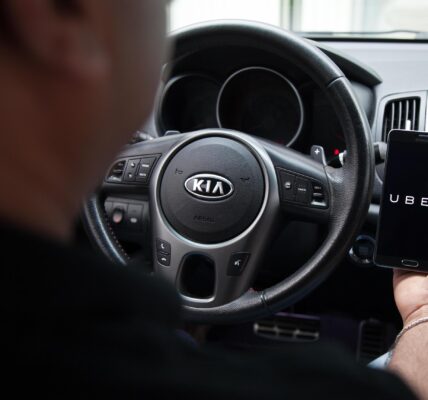Norway is one of the most active nations when it comes to cutting carbon emissions. That means putting significant incentives in place for electric vehicles, be they passenger vehicles, trucks, ferries, or buses. One of its policy initiatives calls for all urban buses in the country to be battery electric by 2025.
Vy Buss is one of the largest bus operators in the country. Recently it announced it will have 150 electric buses in operation by next summer. BYD has already delivered a number of electric buses to Vy Buss but this week the company announced it will purchase a large number of electric buses from Volvo Buses as well for use in the cities of Drammen and Ålesund, Those buses should be delivered before the end of this year.
According to a Volvo Buses press release, six Volvo 7900 Electric buses began operating in the city of Drammen in February 2019. This fall, they will be joined by another 22 Volvo electric buses. Two of the new buses will be high-capacity models that can carry up to 120 passengers. For Ålesund, Vy Buss has ordered ten Volvo 7900 Electric buses, part of a larger order totaling 66 Volvo buses.
“Volvo Buses has been with us from the very start of our journey to increased electromobility. Our partnership with Volvo Buses is strong, they build good quality buses and their widespread network of dealers and workshops is very important to us,” says Ole Engebret Haugen, president of Vy Buss AS. The purchase contract provides that Volvo will provide all service and maintenance on site at Vy Buss depots.
“More and more cities in Europe are choosing to improve their environment and create new possibilities for urban planning by gradually electrifying their public transport,” says Svenn-Åge Lökken, sales director for Volvo Bussar Norge. “Over the past year alone we have received orders for more than 300 electrified buses in Norway and Sweden, including the recent orders for Drammen and Ålesund. Together with operators and city planners, we are continuing to develop transport solutions for sustainable electrically powered public transport that meets each city’s unique prerequisites.”
Eliminating diesel-powered buses not only reduces carbon emissions, it also lowers fine particulate levels and nitrogen oxide emissions, both of which have a negative impact on people who live in cities serviced by those snorting beast. To determine the true cost of electric buses, it is necessary to factor in the social benefits that arise from having cleaner air and better health outcomes for city residents.







